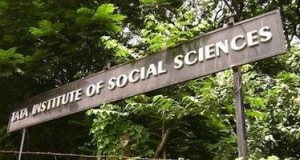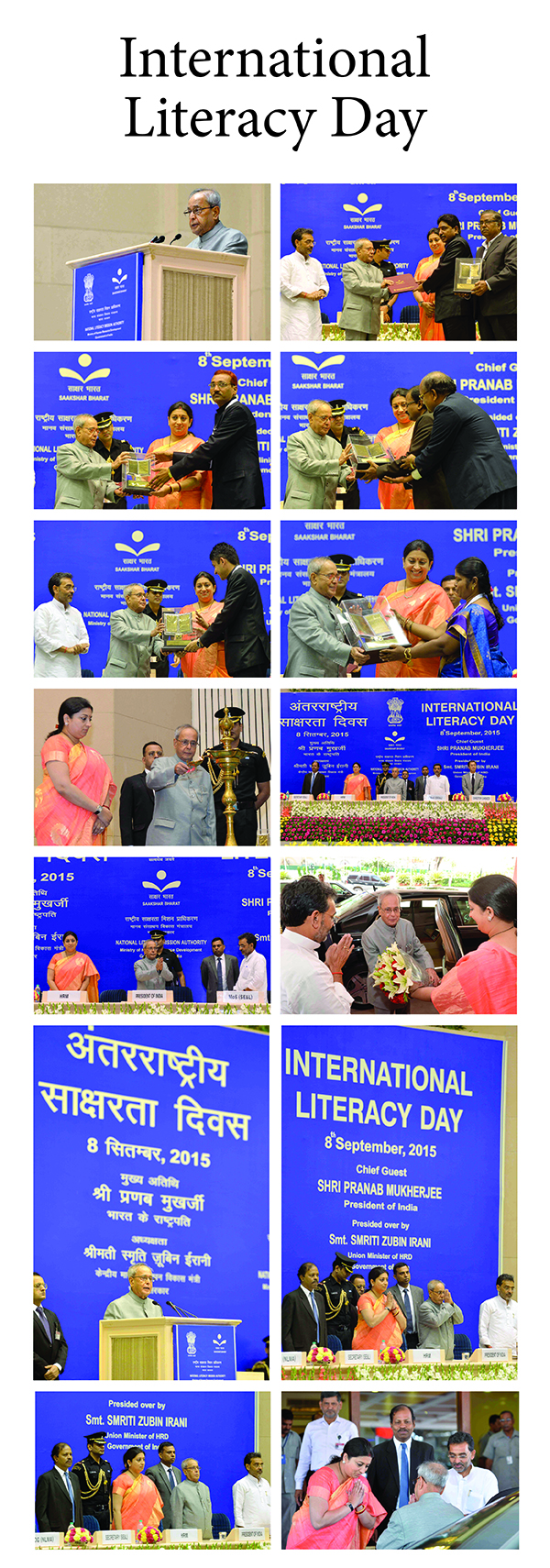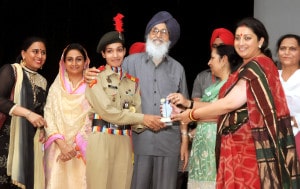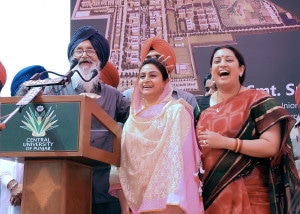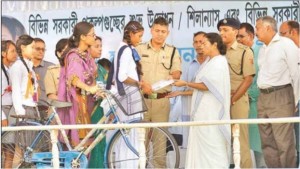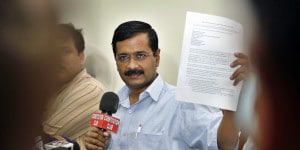Andhra Pradesh government and Tata Institute of Social Sciences (TISS) have signed a Memorandum of Understanding (MoU) for implementing programme activities of ‘Andhra Pradesh University Students Employability Skill Development Programme,’ a flagship initiative of the state government.
Chief Minister N Chandrababu Naidu and Minister of HRD Ganta Srinivas Rao were present during signing of the MoU, said an official release. “We aim to transform Andhra Pradesh state into a knowledge hub by providing quality education and giving opportunities for students to develop employability skills among the Universities and Colleges in the state,” said Naidu.
The MoU has strategic partnership with civil society organisations, public sector bodies, private sector institutions and social entrepreneurship organizations, etc. to complement the efforts of the AP state Knowledge Mission. TISS will be working for the implementation of National University Student Skill Development Programme (NUSSD), which aims to enhance employability skills of students. The skill development model develop by the institute will have elements of English, communication and soft skill, digital/computer skills, financial literacy, legal literacy, entrepreneurship, leadership development. The model will help to make the graduating youth employable.









